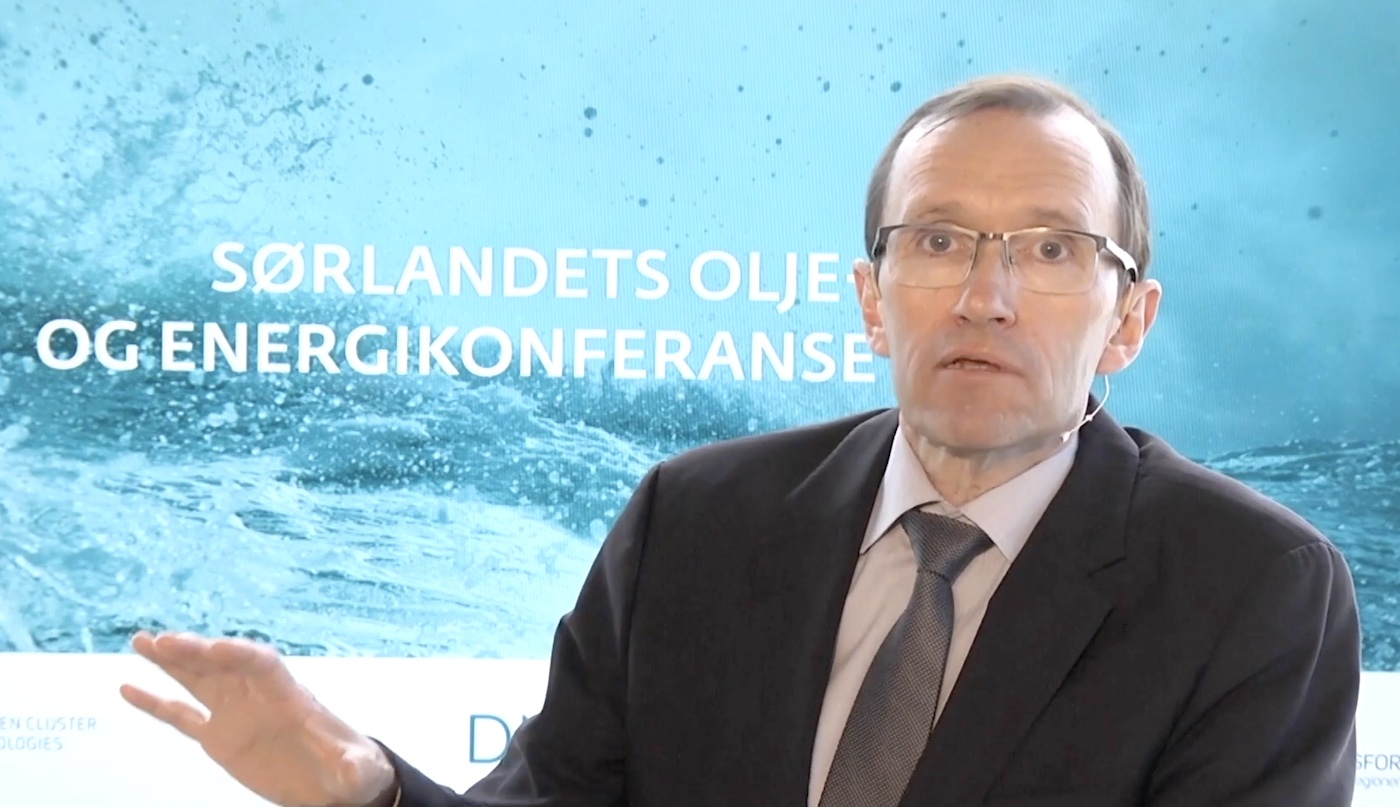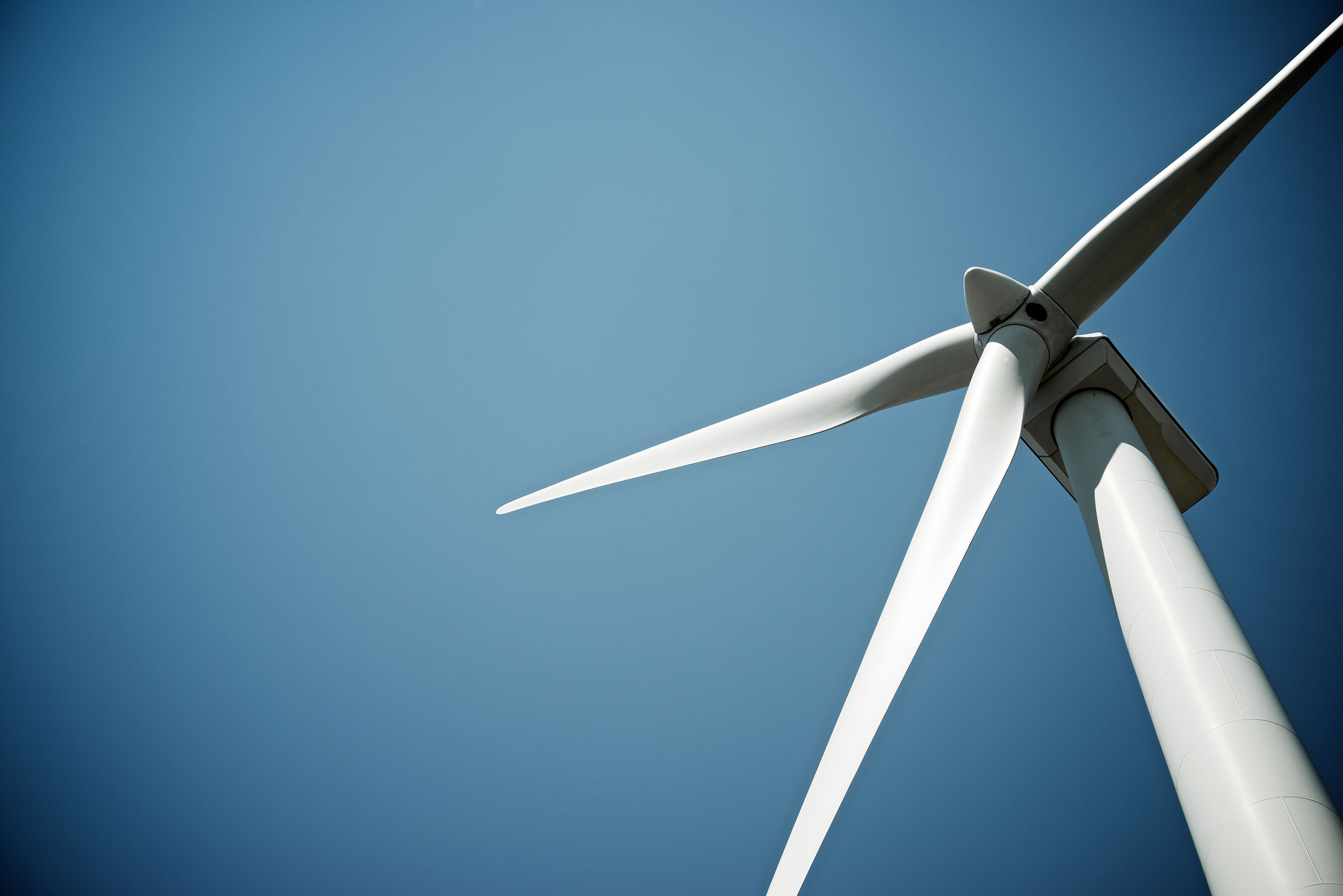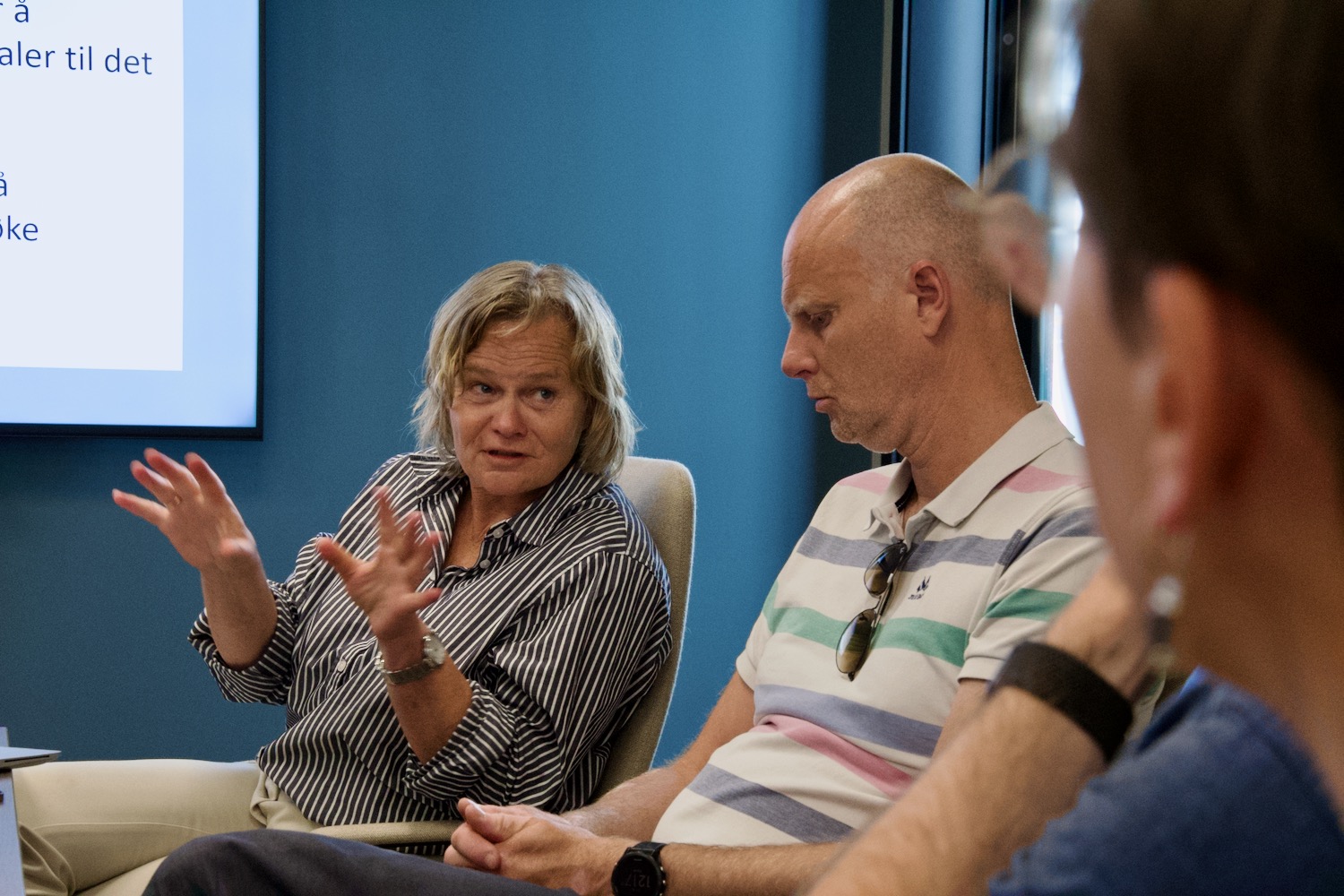“Whether is it floating wind, battery technology or hydrogen – or carbon capture and storage, Norway is extremely well positioned. If we are smart, we will bridge the old and new industries,” said Barth Eide.
As former Minister of Foreign Affairs and Minister of Defense, and currently serving as First Deputy Chairman of the Norwegian Standing Committee on Energy and the Environment, Barth Eide included a short history lesson on how Norwegians have made use of an abundance of natural resources.
“In the early 20th century, when Norway was a young nation, we understood how to produce electricity from waterfalls and rivers. We sought knowledge from those who were already good at producing hydro power, we built a university to educate our own experts, and we introduced laws and policies to make sure that the natural resources benefitted the people.”
“60 years later, we built on these experiences when we designed what I like to call ‘the world’s smartest oil policies”, creating hundreds of thousands of jobs and building great national wealth. Now, we are faced with a chance to be smart for a third time, by understanding the opportunities that present themselves as the world moves in a more sustainable direction,” said Barth Eide.
He said a discussion on an end date for Norwegian production of oil and gas is “completely useless”, and predicted that Norway will produce oil and gas for many years to come.
“But revenues will fall, as will the number of people employed in the industry. Decades from now, when looking back at this time in history, we will recognize the importance of the technological shift we are in the midst of. Our carbon budget is almost exhausted, and we have to rethink how we live and how we exploit our common resources. Fortunately, investors, funds and banks are leading the pack, backing future solutions,” says Eide.
His statement was echoed by the two other speakers at this first day of the digital conference; Nicolai Tangen, CEO of the Government Pension Fund Global, also known as the Norwegian Oil Fund or NBIM, and Kjerstin Braathen, Group Chief Executive at Norwegian bank DNB.
Tangen explained how seven expectation documents, aligned with the UN Sustainable Development Goals, defines the way NBIM expects their companies to think and behave.
“To operationalize our expectations documents, we put a number on everything. A thorough screening of our 9,000 companies led to a divestment in 300 of them. This turned out to be a profitable move, as these 300 companies went on to perform worse than the rest of our portfolio,” said Tangen.
He added that environmental reporting had improved tremendously in 2020.
“Maybe as a result of pressure from professional investors, but more likely as a result of the pandemic. Learning how a virus can affect business, executives have probably reflected more on how climate change can affect business,” said Tangen.
The first ever digital edition of the Sørlandets Oil and Energy Conference concludes with a one-hour session Tuesday morning. Learn more about the program and sign up.




